… and your own concert video recordings on YouTube could be infringing, too
Prince has been gone for nearly four years. But his presence still looms large over copyright law. Even in death, Prince’s estate continues to keep a watchful eye over potential infringers of his musical works.[1] The latest dispute is a potentially haunting restriction of a popular feature on YouTube: people posting video clips of live performances. On January 6, 2020, the federal district court in Massachusetts determined that Prince’s estate has the sole right to distribute video clips of his live performances and that uploading certain song clips to a YouTube channel may even constitute copyright infringement.[2]
This case presents a multitude of legal issues to assess. Additionally, this ruling leaves a potential to a technology-based philosophical conundrum for future copyright cases as they intersect with YouTube style sites. I have a YouTube channel. On this channel I have posted covers of songs that I play on guitar. My videos are nothing fancy, but this recent case and others like it have determined that these videos can actually be infringing works. This article will try to address these legal landmines while exploring any possibility for copyright law as it exists today to be reconciled with how these personal camera-phone videos are treated by the law.
Continue reading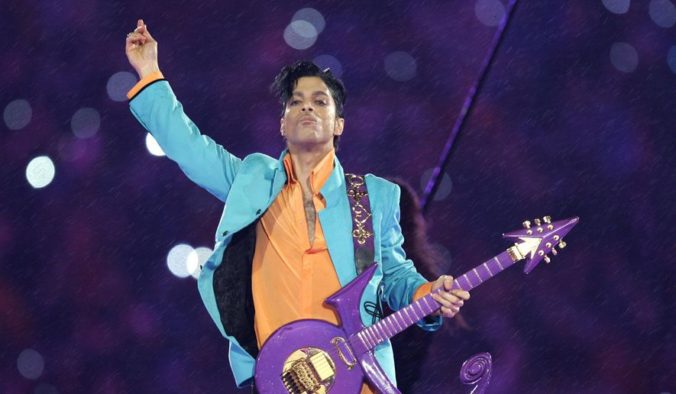
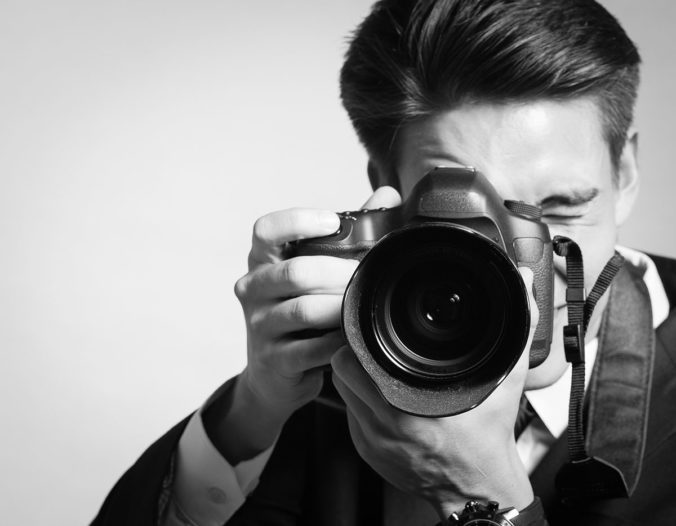
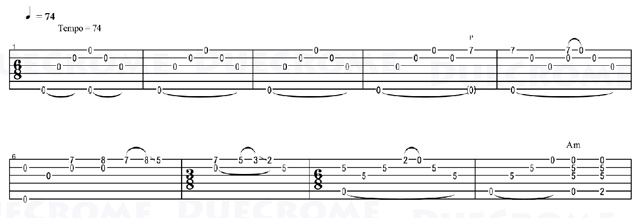
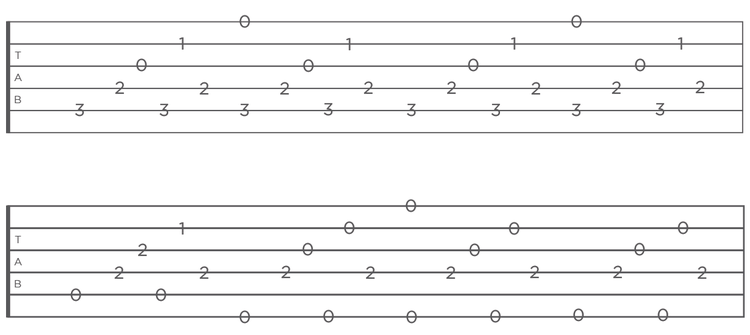
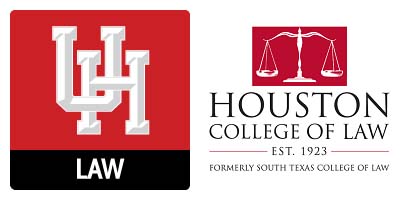
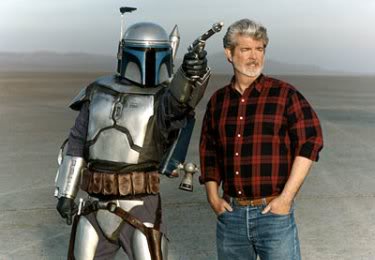
Recent Comments